The best seasonings for chicken soup are spices and herbs that enhance flavor without overpowering the broth. While base vegetables like onion and celery form the foundation, true seasonings—such as thyme, bay leaves, and paprika—add depth and complexity. This guide covers the top 10 authentic seasonings for chicken soup, with expert usage tips and quality selection advice to create perfectly balanced homemade broth.
Table of Contents
- Top 10 Authentic Seasonings for Chicken Soup
- Expert Usage Tips for Maximum Flavor
- Buying Guide: Selecting Premium Seasonings
- Conclusion
- Frequently Asked Questions
Top 10 Authentic Seasonings for Chicken Soup
True seasonings (spices, herbs, and acids) elevate chicken soup beyond basic ingredients. Here are the most effective options:
1. Thyme
Thyme is a culinary staple for chicken soup, offering earthy, floral notes. Use fresh sprigs or dried leaves (1 tsp dried = 1 tbsp fresh). Add early in cooking to release oils, but remove stems before serving.
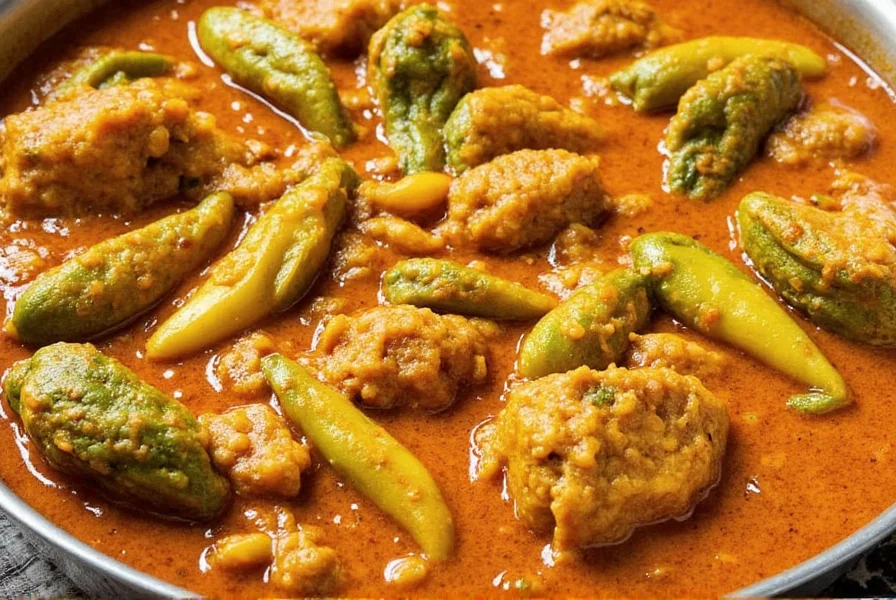
2. Bay Leaves
Bay leaves provide subtle woodsy depth. Use 1-2 dried leaves per pot; remove before serving. Look for whole, unbroken leaves with strong aroma.
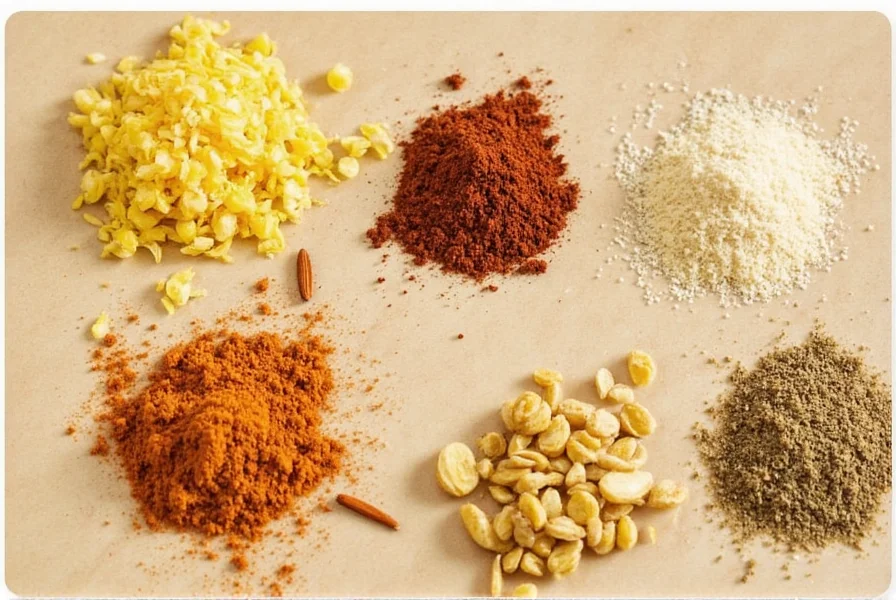
3. Black Pepper
Freshly ground black pepper enhances savory notes without heat. Use whole peppercorns and grind just before adding. Avoid pre-ground versions which lose potency quickly.
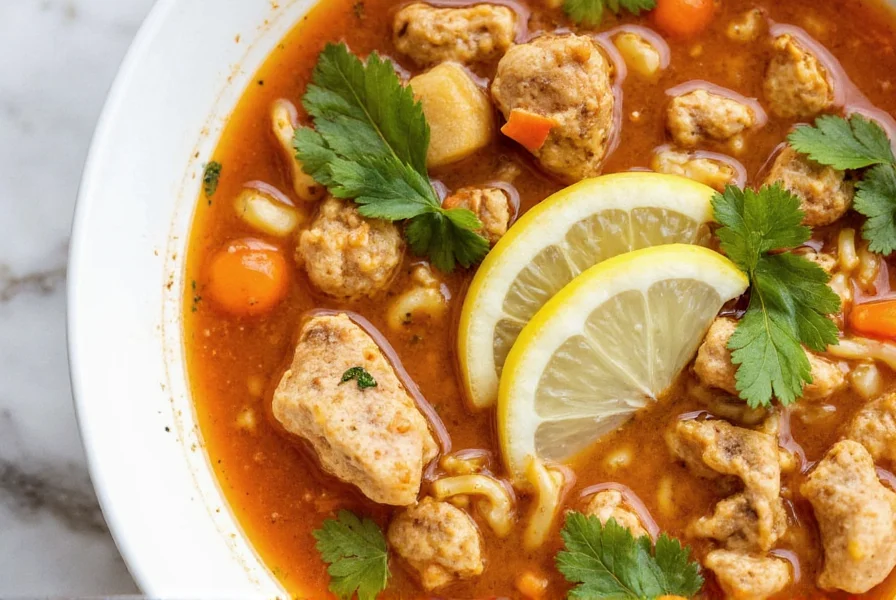
4. Paprika
Smoked paprika adds rich, complex flavor. Use 1/2 tsp per quart of broth for depth without overpowering. Choose vibrant red powder with no clumping.
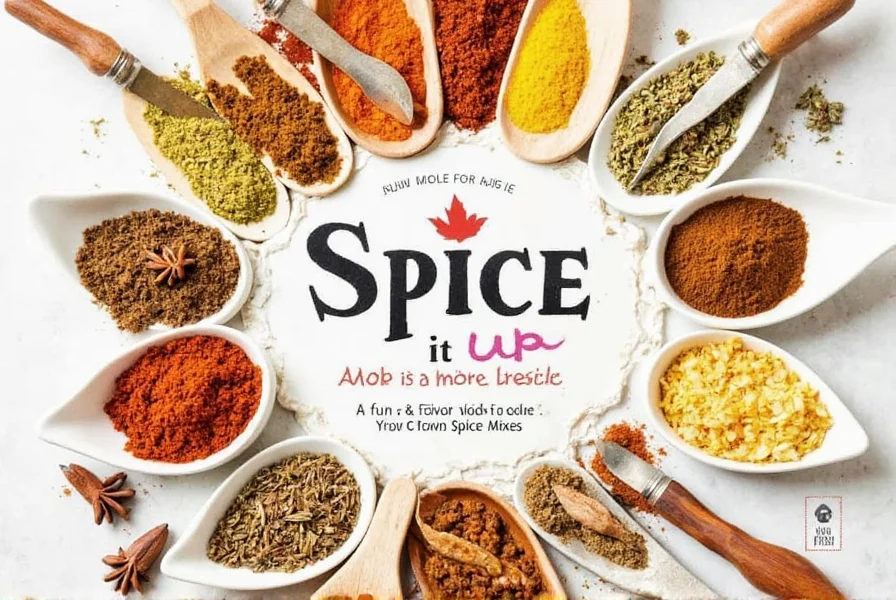
5. Rosemary
Rosemary's pine-like aroma pairs perfectly with chicken. Use sparingly (1/2 tsp dried) as it's potent. Fresh sprigs should be bruised to release oils before adding.

6. Cumin
Cumin adds warm, nutty notes for Middle Eastern-inspired soups. Toast whole seeds before grinding for maximum flavor. Use 1/4 tsp per serving to avoid dominance.
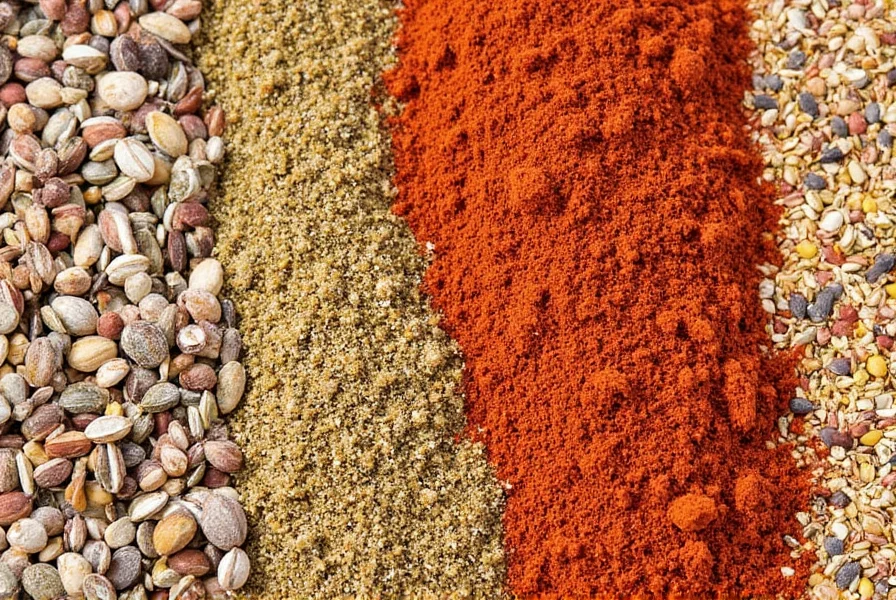
7. Parsley
Parsley brightens finished soup with fresh, grassy notes. Add chopped flat-leaf parsley in the last 2 minutes of cooking for maximum vibrancy.

8. Oregano
Oregano brings Mediterranean character. Use dried for concentrated flavor (1 tsp dried = 1 tbsp fresh). Ideal for tomato-based chicken soups.

9. Lemon Zest
Lemon zest (not juice) provides clean citrus notes without acidity. Grate only the yellow part of the peel and add at the end for brightness.
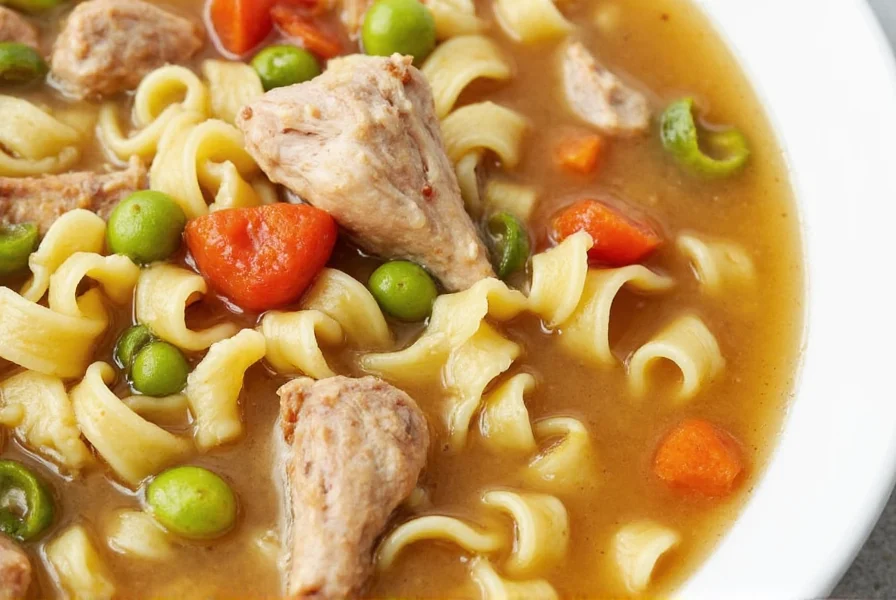
10. Garlic Powder
Garlic powder offers consistent flavor without burning. Use 1/2 tsp per serving. Avoid fresh garlic for slow-cooked soups as it can become bitter.

Expert Usage Tips for Maximum Flavor
- Layer flavors: Add dried herbs early (20-30 minutes before serving) and fresh herbs at the end for optimal aroma retention.
- Toast spices: Dry-toast cumin, coriander, or fennel seeds in a pan before grinding to unlock deeper flavors.
- Balance acidity: Use lemon zest or vinegar in small amounts (1/2 tsp) to brighten rich broths without sourness.
- Prevent bitterness: Never simmer fresh garlic or onions too long—sauté them gently at the start for sweet, mellow flavor.
- Season in stages: Add salt gradually during cooking, then adjust at the end. Remember: you can add salt, but you can't remove it.
Buying Guide: Selecting Premium Seasonings
| Seasoning | Quality Check | Storage Tip |
|---|---|---|
| Thyme | Dark green leaves with no brown spots; strong herbal scent | Store dried in airtight container away from light |
| Bay Leaves | Whole, unbroken leaves with strong woodsy aroma | Keep in sealed glass jar for up to 1 year |
| Black Pepper | Whole peppercorns should be firm and heavy; avoid pre-ground | Store whole in cool, dark place; grind fresh as needed |
| Paprika | Vibrant red color with smooth texture; no clumping | Refrigerate after opening to preserve freshness |
| Cumin | Uniform seed size; nutty aroma when crushed | Store seeds in airtight container; grind before use |
Conclusion
Mastering chicken soup seasonings is about balance and timing. True flavor comes from high-quality spices and herbs used strategically—not from overwhelming the broth. By focusing on authentic seasonings like thyme, smoked paprika, and fresh lemon zest, you'll create restaurant-quality soup with minimal effort. Remember: less is often more with spices; taste as you go and adjust incrementally.
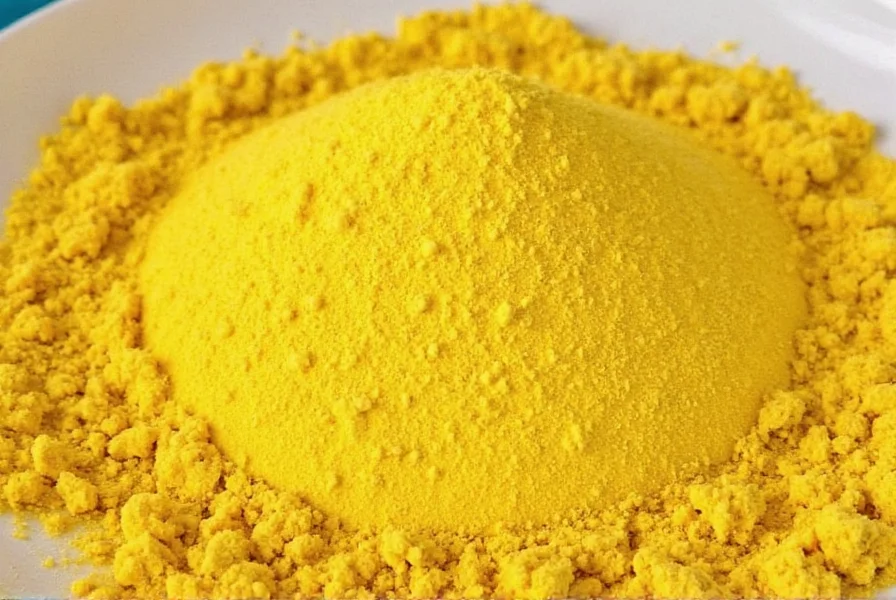
Frequently Asked Questions (FAQ)
What are the most essential seasonings for basic chicken soup?
For foundational flavor, prioritize salt, black pepper, bay leaves, and thyme. These create the classic savory profile. Add paprika or rosemary for depth, but start with minimal amounts to avoid overpowering the broth.
Can I use dried herbs instead of fresh in chicken soup?
Yes, but use 1/3 the amount of dried herbs compared to fresh (e.g., 1 tsp dried thyme = 1 tbsp fresh). Add dried herbs early in cooking to allow flavors to develop, while fresh herbs should be added in the last 5 minutes to preserve their brightness.
How do I fix an overly salty chicken soup?
Add an uncooked potato slice to absorb excess salt (remove after 15-20 minutes), dilute with unsalted broth or water, or balance with acidity like lemon juice or vinegar. For future batches, always under-salt initially and adjust at the end—remember you can add salt but can't remove it.
When should I add acidic ingredients like lemon juice?
Acidic ingredients like lemon juice or vinegar should be added in the final 5 minutes of cooking. Adding them too early can cause flavors to become muted during prolonged simmering. A small splash (1-2 tablespoons) brightens the entire soup and balances rich flavors without making it taste sour.
Do I need special equipment for grinding spices?
Not necessarily. While a dedicated spice grinder gives the finest results, a mortar and pestle works well for small batches. For peppercorns, a standard pepper mill is sufficient. The key is to grind spices just before use—pre-ground spices lose potency within 6 months, while whole spices stay fresh for 1-2 years when stored properly.










 浙公网安备
33010002000092号
浙公网安备
33010002000092号 浙B2-20120091-4
浙B2-20120091-4